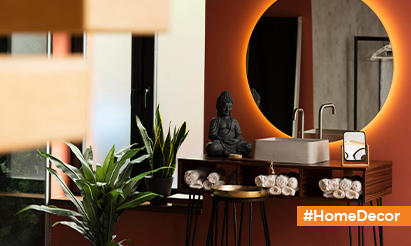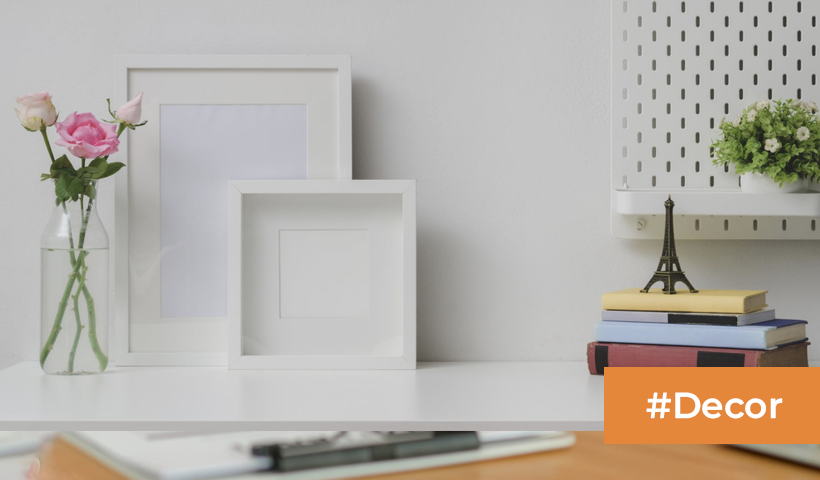Taking Care of COVID Infected Members At Home
The tiny coronavirus is causing big problems around the world. Especially in India, we know someone in our contacts has either contracted it or has been the caregiver to its patient. A little cough now and everyone suspects it to be COVID-19.
Coronavirus pandemic has led all of us into thinking the worst, leaving us with a ton of questions. What if someone gets it in my family and I have to take care of them? What if I randomly touch an infected surface? What if… the list does not end.
In this blog, we will try to guide you in the best way possible so that you can give proper care to your loved ones in isolation.
Caring COVID-19 Patients At Home
Think of it as the nurse’s duty and personal room service – that’s what you would be doing until they get better. As the virus is contagious, you must take utmost precautions to avoid contracting it by any means.
- Pick A Room
‘The Room’ must have an attached bathroom facility and windows for proper air circulation. The infected person must stay inside the room until they test negative. Keep children and pets away from entering the room or even touching the doorknobs. Provide them with essentials like disinfectants, sanitisers, hand wash, soap, drinking water, juice and other things. Remember, if they are asymptomatic, they must quarantine themselves for a minimum of 14 days before stepping out of their room.
- Maintain Distance For Everything
Maintaining distance is crucial while taking care of your loved ones who are isolated at home after testing positive for COVID-19. While feeding them or offering any source of entertainment, maintain distance throughout. You can keep food at their door and knock for them to open and close it from inside. As for entertainment, if you are giving them books, magazines, laptops, or anything else, let them keep it for their entire duration of quarantine. If you want it back, sanitise it properly.
However, if the patient can’t get out of bed, wear a mask, gloves, headscarf, and cover your body in proper attire to avoid contracting the virus from touching surfaces or going near the patient. Separate their laundry, plates, glass, and everything they use. Keep your house quiet for them to take proper rest.
- Clean, Clean, Clean
The most important aspect is to keep cleaning or sanitising your home. You must do it as frequently as possible, once a day being the minimum requirement. From doorknobs and tables where you keep food to the floor and kitchen, sanitise every surface they touch or you after them. Avoid direct contact with the patient’s bodily fluids.
The early stage (first 7 days) is crucial for the COVID-19 virus to develop and spread. Therefore, you must keep the house sanitised at any cost. Wash their clothes from before isolation, including yours. Change your clothes daily. Ask the patient to change their clothes at least once every three days. Keep their laundry separate.
Stay Home Stay Safe
You must remember that even after taking all the precautions, the possibilities of you contracting the virus still prevail. Inform your relatives and friends about your conditions and ask them to not visit your home until things get better. Use technology for entertainment or connecting with your loved ones, and colleagues. Avoid your visits to the grocery stores. If possible, ask someone to deliver them to your doorstep.
Know Emergency Signs
Monitor pulse rate and oxygen level of the patient at least thrice a day with an oximeter. Keep recording their body temperature twice a day with a thermometer. If you notice one of the following signs, call your doctor immediately:
- Reducing oxygen level (below 90)
- Decreasing pulse rate
- Trouble breathing
- Chest pain
- Consistent high fever
- Persistent headaches
- Increased fatigue
- Pale skin, lips, or nails
- Inability in doing usual tasks
Coping With Mental Stress
COVID-19 can be mentally exhausting for the patient and their caregivers. Emotional or psychological support during these times can help in coping. Thus, you must stay connected with your friends and family via texts, calls, or social media.
Avoid watching the news. Share your concerns with family or professionals. If you have an anxiety or panic attack history, stay in touch with your doctor. Caring for yourself can also help improve the mental health of your people isolated at home due to COVID-19.
The Coronavirus pandemic does not spare carelessness. So, wear a mask, use sanitiser, take care of yourself and your loved ones. And stay home stay safe!
Disclaimer: The views expressed above are for informational purposes only based on industry reports and related news stories. PropertyPistol does not guarantee the accuracy, completeness, or reliability of the information and shall not be held responsible for any action taken based on the published information.




